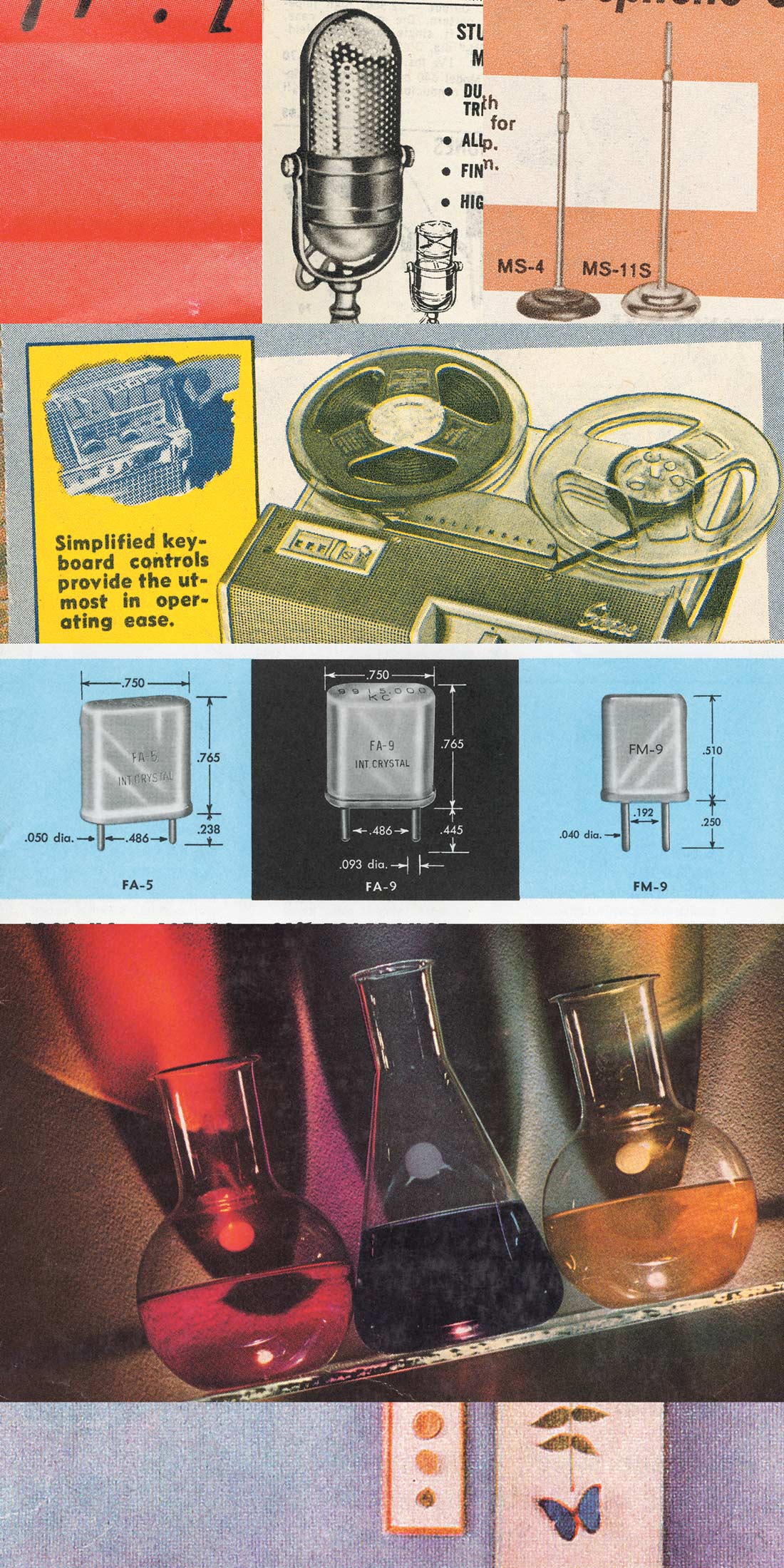Recently Drawmer introduced a new version of its 1960, the venerable and mid-priced ($2750) stereo mic pre/DI/compressor. This version is called the 1969, and all of its modifications are courtesy of Fletcher and the guys at Mercenary Audio. I've been tracking with this device for a while now, and I love it, so I asked Fletcher how this all came to be. "I had been working with a producer that loved the 1960, and I thought it sounded like we were tracking through a sponge. I came back from that session and there was a thread about Drawmer 1960s on rec.audio.pro., and I just sorta tore into it... Brad Lunde from TransAmerica Audio [who distribute Drawmer and other lines] called and made the suggestion that perhaps we could do better, and if not, shut the fuck up. So they sent us a unit, we evaluated the unit, we kept the DI from the original, it seemed benign enough, we kept the power transformer, it was useful, we kept the chassis, the meters and the tubes, the rest of it went in the trash. When we had a working prototype, we sent it over to Drawmer with the schematics of what we had done, and they built the first 'production prototype'." The 1969 may look like the 1960 but inside it's very different. Says Fletcher, "The compressor goes into 'true stereo' as opposed to 'linkable dual mono'. There is also the 'big' switch which adds a 100 Hz filter to the detector chain in 'stereo' (so the vocals drive the 2 buss compression instead of the bass and kick drum). It has more attack and release options, including two program-dependent release options. The pres are based on a Burr Brown op amp. They're nice sounding solid state pres... rather "airy" sounding, but not 'harsh'. In my opinion it wasn't too difficult to beat the original 1960's pres, and the thrust of this project from my perspective was the compressor. I wanted a compressor that I could use for vocals or bass when tracking, then turn around and use it on the 2 bus at mix time. Don't forget [adding] the "polarity reverse" switches. I have to give Brad credit for coming up with that idea - damn good one to say the least." Did Fletcher design the electronics himself? "A 'well-known' gear designer did the whole thing from top to bottom. I just told him what I was looking for, and then bitched and moaned until it was achieved (actually the whole process was remarkably easy, took a bit over a year to get right, but "process" wise it was smooth)." Mercenary has done special editions like this with Great River, Avalon, Funk Logic, and an upcoming Soundelux microphone - I like the idea of recording engineer's getting a say in the design of gear (plus, this thing is versatile and sounds great), so let's hope this side- project continues for a while... (www.transaudiogroup.com, www.mercenary.com/mered.html)
Mic Preamps | No. 78
DRS-Q4M preamp
by Allen Farmelo
With the number of preamps available on the market today, it’s really easy to get confused, so let’s get some confusion out of the way. UK’s Phoenix Audio does three things that give...




_disp_horizontal_bw.jpg)